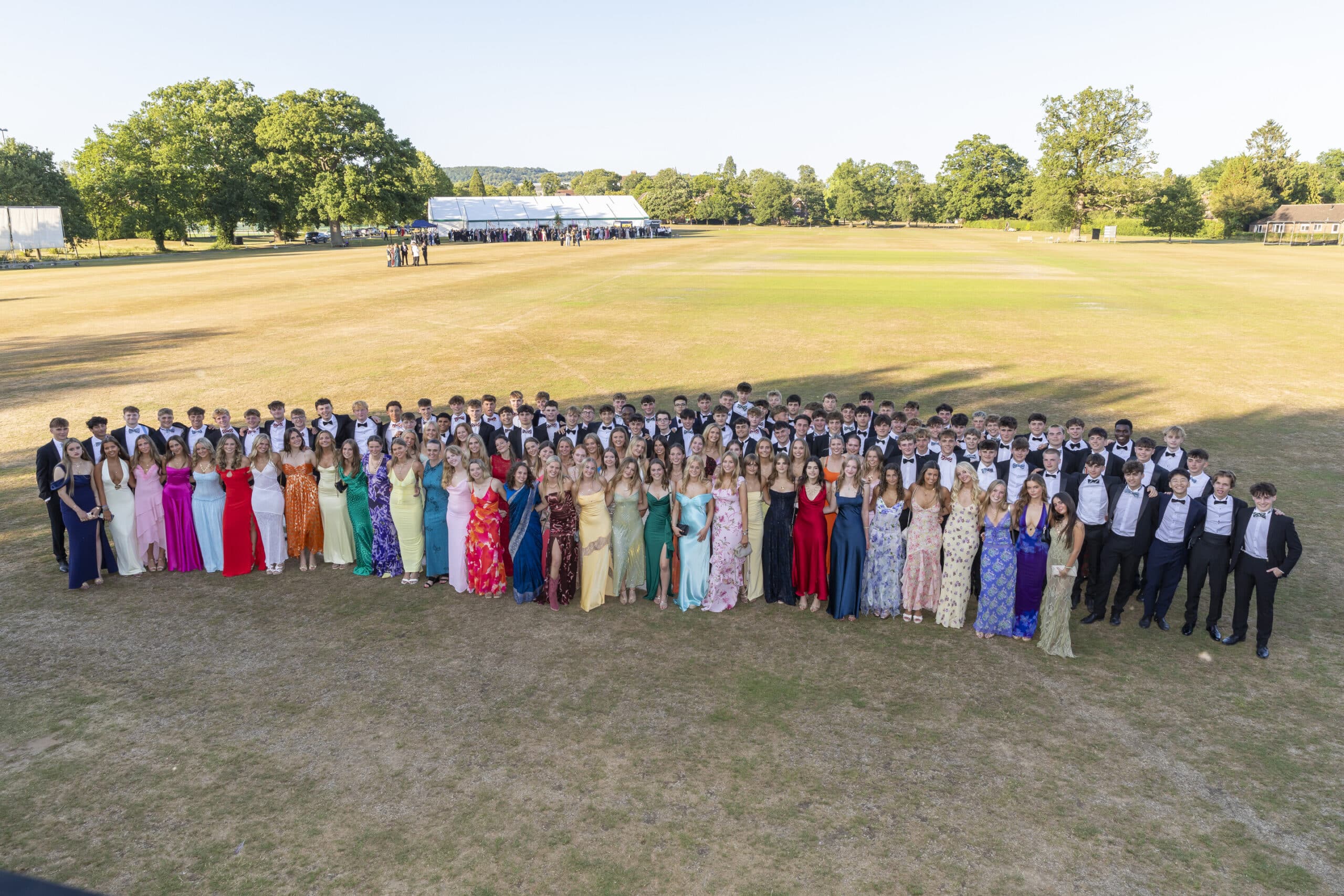Upper Fifth and Upper Sixth Classicists were treated to an intriguing and thought-provoking piece of drama when they attended King’s College London’s 65th annual Greek play, Medea.
Set in post-WWI Britain, the two thousand five hundred year old play was endowed with an extra layer of meaning, exploiting the suffragette movement to encapsulate Medea’s solidarity with the Chorus. The additional meaning given to the production through the director’s choice of producing the tragedy in both English and the original Greek was well received by the students and also allowed the plot to be followed far more easily than relying on the surtitles!
The climax of the play comes when Medea decides to kill her two children in order to punish her husband, Jason, for leaving her for a young princess. Despite the direction of the final interaction between Medea and the children appearing lost on the audience, the reveal of Medea after the event in the Sun-god’s chariot was well staged and finely acted by the lead.
The pre-show talk by some leading academics from the London universities provided students with detailed information about the staging of tragedy and the history of Greek plays in the UK. We were exceptionally proud of Emma who asked a very good question on the director’s view of Euripides’ feminism.
On the bus home, discussion flowed readily about the successes and short-comings of the play and allowed for critical analysis of both the content of the play and the staging.
Back to all news













